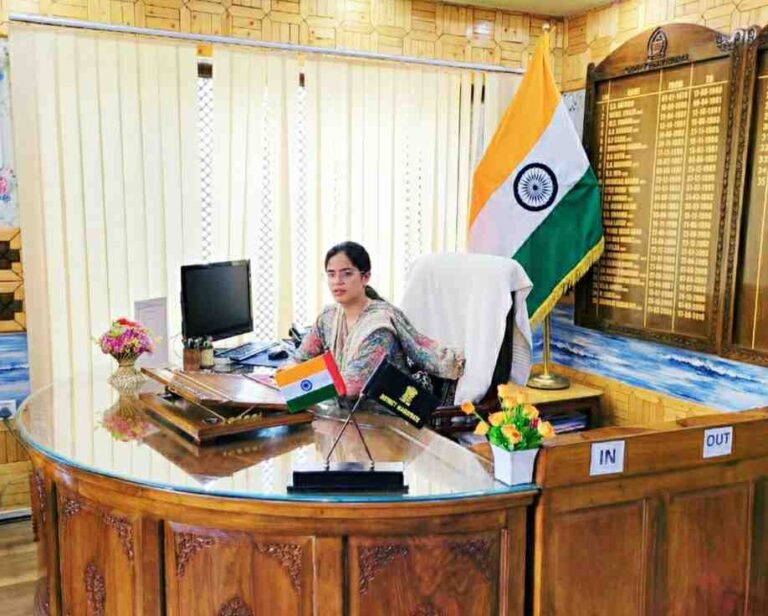Al-Tilmeez Research International Journal at a Crossroads, The End of Registered Book Post Service Sparks Major Challenges: Dr. Meraj Nadvi

The recent discontinuation of the Department of Posts’ decades-old “Registered Book Post” service on December 18 has significant implications for many organizations, including Al-Tilmeez. This service was crucial for the economical shipping of printed materials, particularly books and academic journals, across India. With its abrupt end, the team at Al-Tilmeez now faces increased challenges and costs associated with shipping copies of the Al-Tilmeez research journal.
Historically, the Registered Book Post service enabled publishers, educational institutions, and researchers to distribute their works at nominal delivery charges. It provided a reliable and affordable means for the dissemination of knowledge, especially for those in remote areas. The decision to discontinue this service not only disrupts the logistical framework for many but also raises concerns about accessibility to academic resources.
For the Al-Tilmeez team, the impact is twofold. Firstly, there will be a direct increase in shipping costs, which may lead to higher subscription prices for readers and institutions. This could potentially limit the reach of the journal, especially among those who rely on affordable access to academic materials. Secondly, the logistical challenges associated with finding alternative shipping methods could lead to delays in publication and distribution, affecting the timely sharing of research findings with the community.
The discontinuation of this service highlights the need for alternative solutions to ensure the continued availability of academic resources. As Al-Tilmeez adapts to this new reality, exploring partnerships with other courier services or investing in digital distribution channels may be necessary steps to mitigate the impact on its operations and readership.
In conclusion, while the end of the Registered Book Post service marks a significant shift in the landscape of book and journal distribution in India, it also presents an opportunity for innovation and adaptation. The Al-Tilmeez team must navigate these changes thoughtfully to continue fulfilling its mission of disseminating valuable research to its audience.
( Editor In Cheif , Al-Tilmeez Research International Journal )
You Might Also Like:
Al-Tilmeez: A Pioneering Arabic Literary Journal from Jammu and Kashmir
Dr. Muzaffar Hussain Nadvi An Esteemed Arabic and Islamic Scholar from Kashmir
Isra Amin: A Young Voice of Empowerment at the Kashmir Literature Festival





